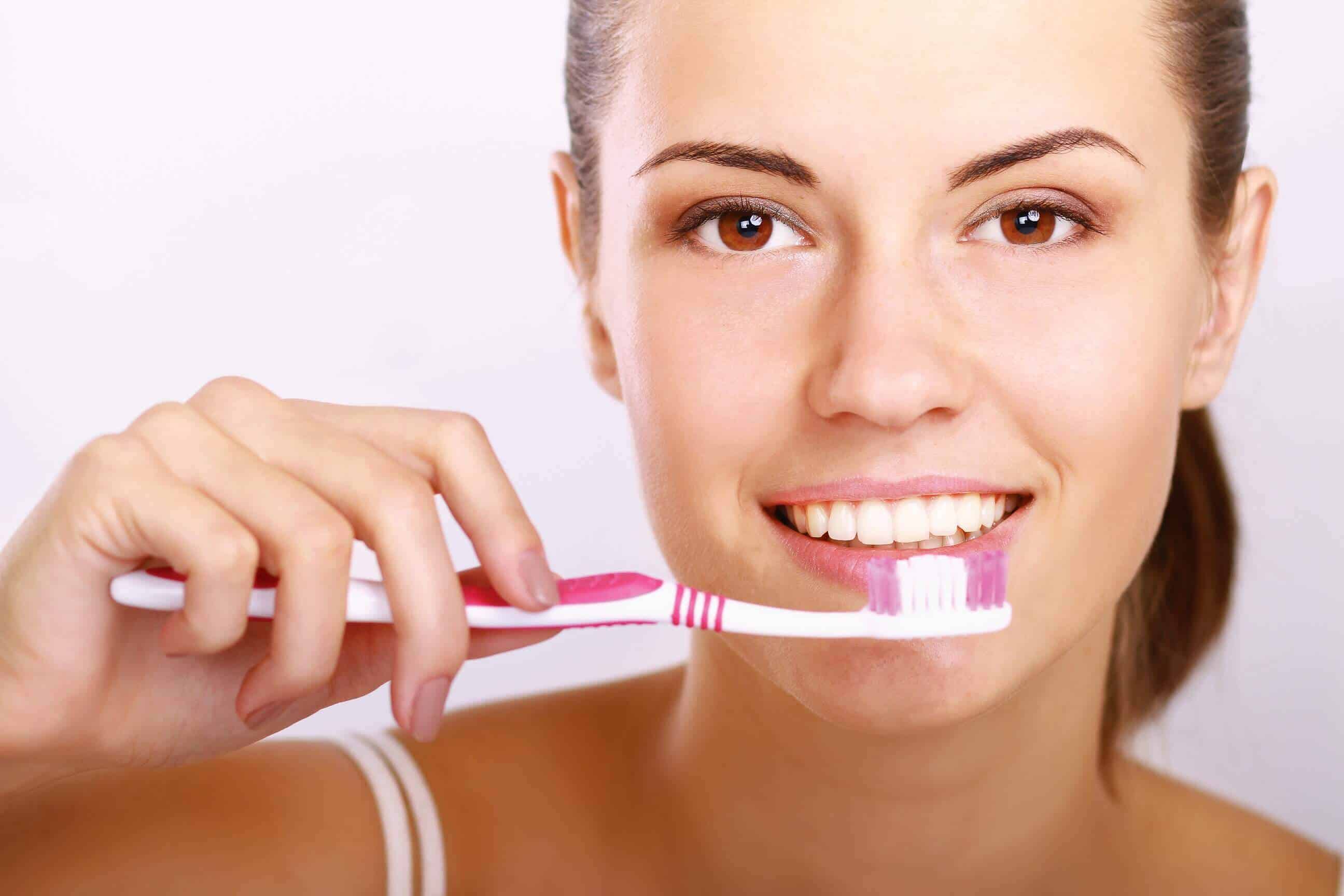Trying Too Hard: Overbrushing Can Be a Bad Thing for Your Gums

Brushing your teeth is easily the most important thing you can do to take care of your mouth. However, you can do yourself more harm than good if you’re not brushing correctly. Overbrushing can cause “toothbrush abrasion,” which may lead to problems with sensitivity and receding gums.
How It Starts
From the time you were a child, you were probably told by your parents and your family dentist that the best way to avoid cavities was to brush your teeth at least twice a day. While you may not have enjoyed this much at first, your perspective likely changed after enduring your first toothache or uncomfortable dental procedure. As you get older and “wiser,” it’s easy to conclude that you can avoid these discomforts by simply brushing harder.
Issues Caused by Overbrushing
The problem with vigorous brushing is that it wears down the enamel on the teeth and pushes back the gums. Over time, the gums begin to recede, leading to the possibility of painful cavities along the roots and/or periodontal disease. Eventually, fillings, root canals and extractions become the norm. Currently, it’s estimated that 10 to 20 percent of the population have teeth or gums that are damaged from overbrushing.
Less Is More
Unfortunately, your teeth require a more delicate approach. It doesn’t take much effort to remove plaque and food particles, provided you don’t allow it to accumulate. You could probably remove most of what gets on your teeth each day with a simple cloth, if it were possible to get into those hard-to-reach areas. The toothbrush was invented to make this easier.
Trying Too Hard
Ironically, the people most at risk for this type of damage are those who go out of their way to take better care of their teeth. They’re often obsessed with their oral care and likely use medium or hard-bristled toothbrushes, thinking they will be more effective. While there are other risk factors for receding gums, such as grinding your teeth or wearing braces, you’re not doing yourself any good by brushing too hard. Even if you have a genetic predisposition for receding gums, overbrushing will only make the problem worse.
Proper Brushing Technique
The most important thing to remember when brushing your teeth is that it’s not about how hard you scrub them, but rather that you practice proper technique and brush thoroughly. Dentists typically recommend brushing for two to three minutes, rather than rushing through the process. The more you rush, the harder you brush and the more likely you are to be rough and sloppy.
Here are some tips for better brushing:
- Use a soft-bristled brush. This reduces the possibility of wear on the enamel, the dentin (a soft layer beneath the enamel) and the root area.
- Use the proper angle. Place the brush with the bristle tips at a 45 degree angle to the gumline.
- Short strokes. Always use short strokes with a scrubbing motion, rather than drawing the brush back and forth across several teeth at once.
- Brush lightly. Apply only enough pressure to feel the bristles touch the gums. Too much pressure will push the gums back.
- Switch to an electric toothbrush. Many dentists today recommend them over manual toothbrushes, because they clean more deeply with less effort, which can prevent the tendency to overbrush. The best electric toothbrushes have timers that go off when you’ve been brushing too long and red lights that come on if you’re exerting too much pressure.
The problems associated with overbrushing can be serious, if it goes on for too long. If you’re already having trouble with your gums, you’ll have to consult your dentist regarding your options. Remember that it’s never too late to start taking better care of your teeth.
Joe Boyle has worked as a dental assistant for several years. He enjoys learning new things every day, and sharing that knowledge with patients as well as a wider online audience who read his articles.